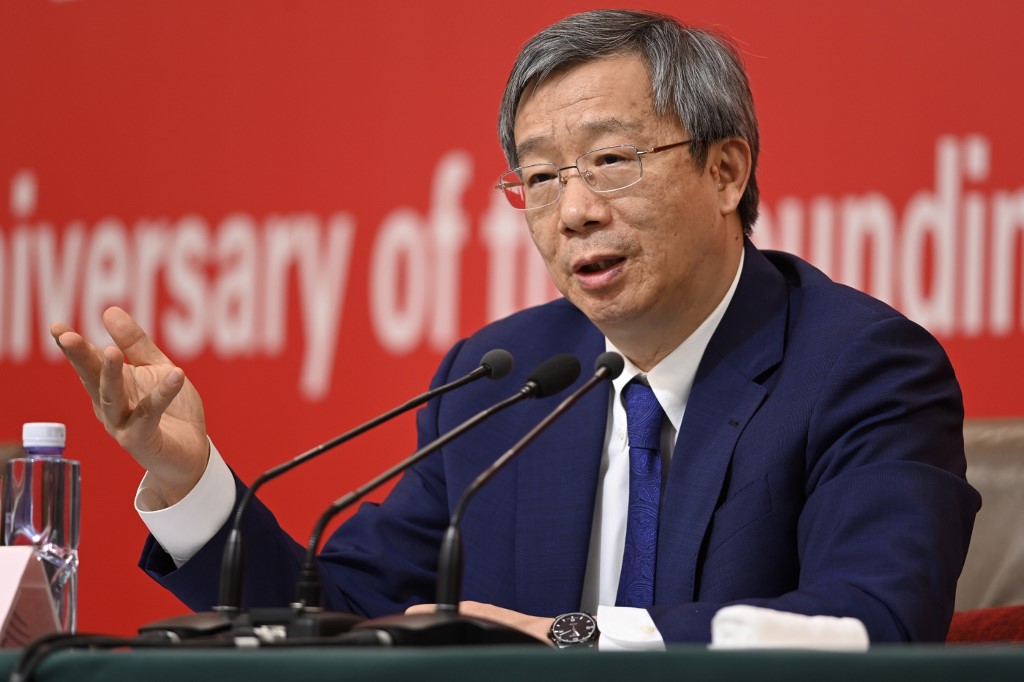(ATF) China’s central bank on Friday pumped more cash into the banking system via reverse repos as maturing contracts threatened to suck liquids from the economy.
The People’s Bank of China (PBoC) injected a total of 180 billion yuan ($25.4bn) into the market, including 70bn yuan through seven-day reverse repos at an interest rate of 2.2% and 110bn yuan of 14-day contracts at an interest rate of 2.35%, according to a statement on the central bank’s website.
The move is intended to maintain stable liquidity in the banking system, the PBoC said.
As 100bn yuan of reverse repos and 240bn yuan of medium-term lending facility (MLF) credit matured Friday, the operation led to a net withdrawal of 160bn yuan from the market.
A reverse repo is a process in which the central bank purchases securities from commercial banks through bidding, with an agreement to sell them back in the future.
China has pledged to loosen monetary policy to rebuild an economy shattered by the coronavirus outbreak. The central bank has pledged to use a variety of tools including required reserve ratio reductions, interest rate cuts, and re-lending to enable money supply and aggregate financing to grow at notably higher rates than last year.
New loans
New yuan-denominated loans are expected to reach nearly 20 trillion yuan this year and the total amount of social financing is poised to exceed 30tn yuan, according to PBoC governor Yi Gang.
The figures would represent a 19% expansion on the 16.8tn yuan of new loans issued in 2019, and an annual increase of at least 17.3% for total social financing.
“China’s economic fundamentals remain sound, and its monetary policy is within the normal range,” Yi said via a video conference of the Lujiazui Forum.
Yi added that the central bank would further guide interest rates to a lower level and cut financing costs for enterprises.
He reiterated a Wednesday statement of the State Council that financial institutions would be encouraged to help businesses save 1.5tn yuan this year by lowering interest rates, using monetary policy tools and reducing banks’ charges.
“We should pay attention to the side effects of the policies, keep the total amount suitable and consider in advance the appropriate timing of exit for the policy tools,” Yi said.
























